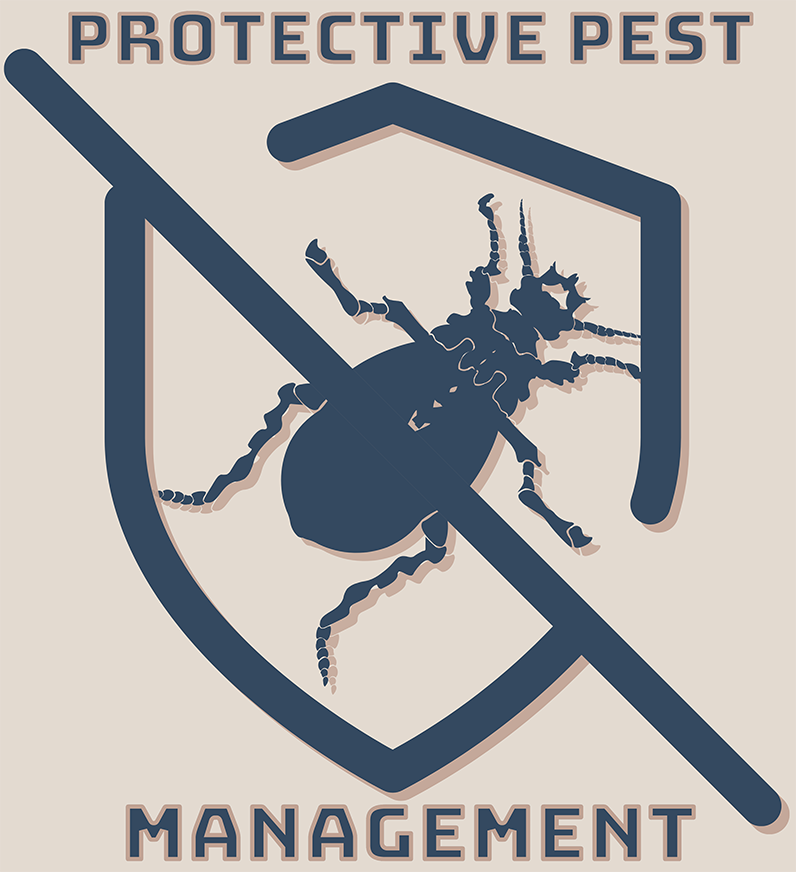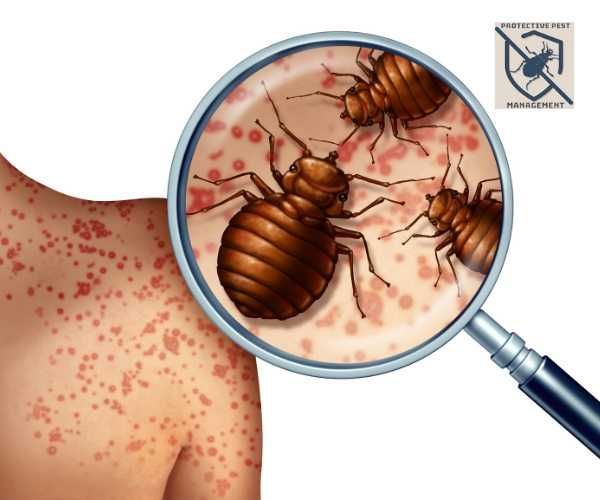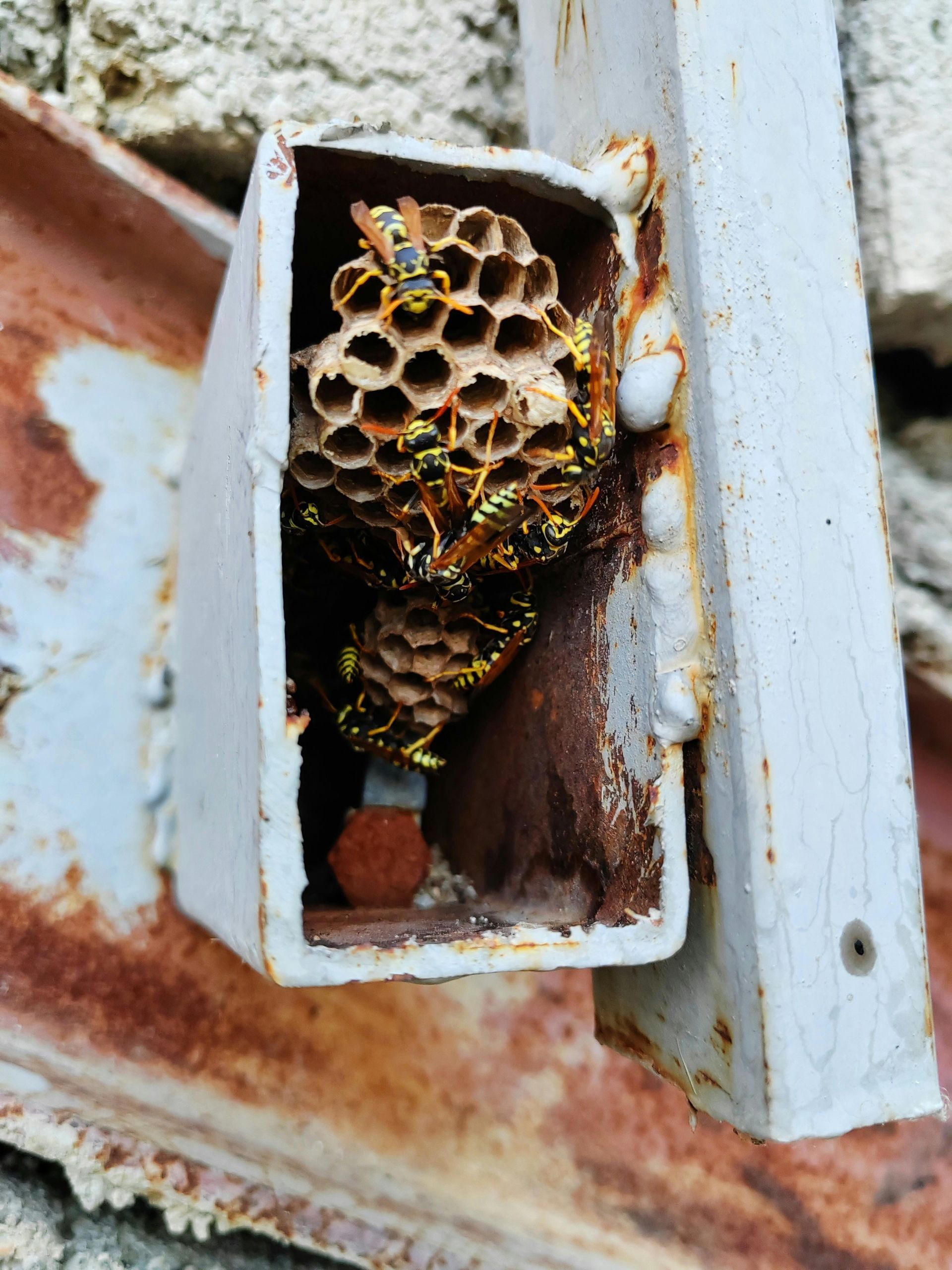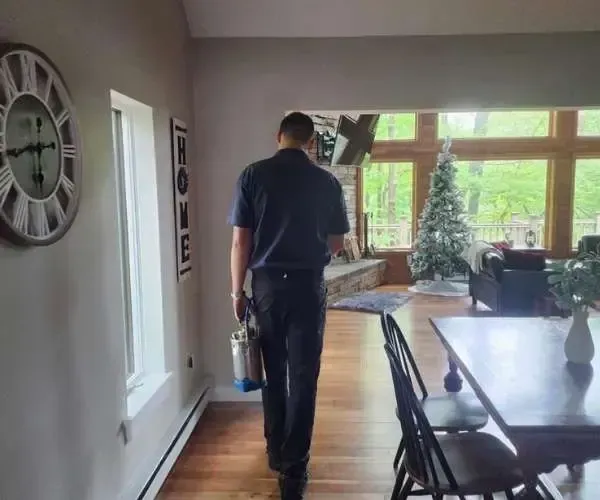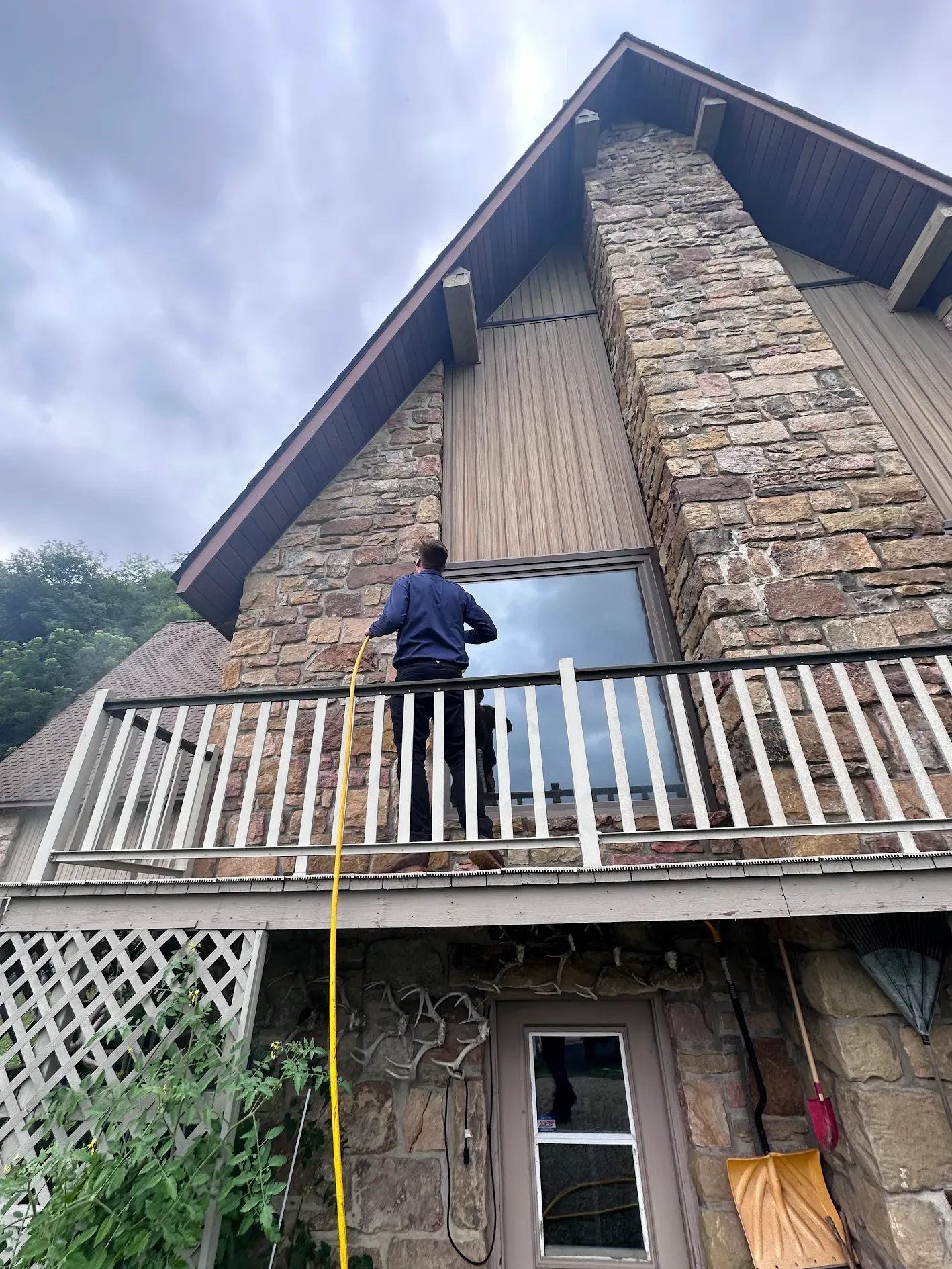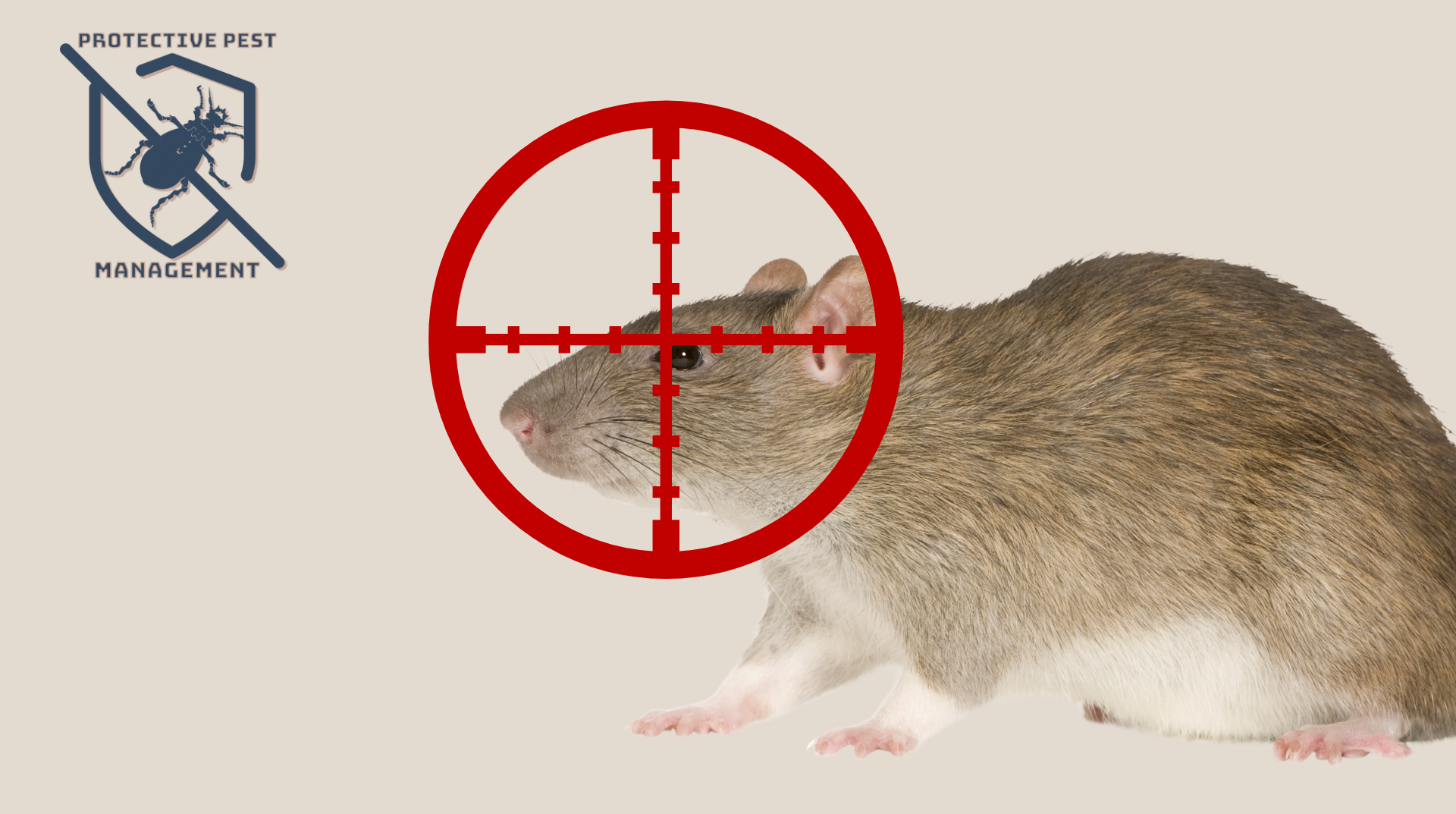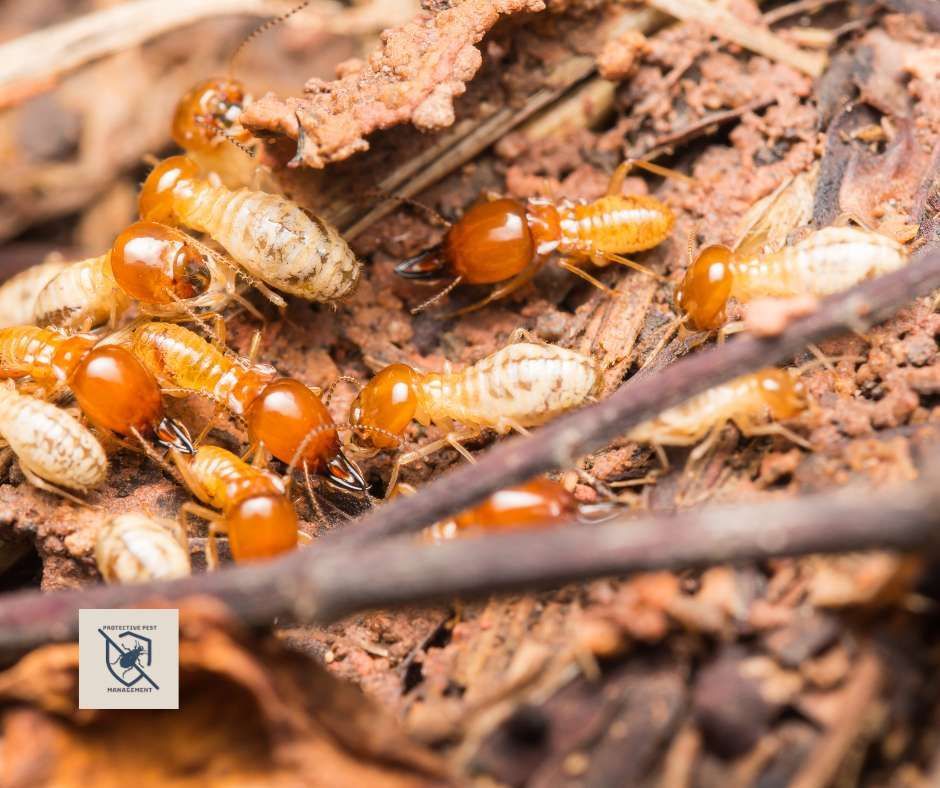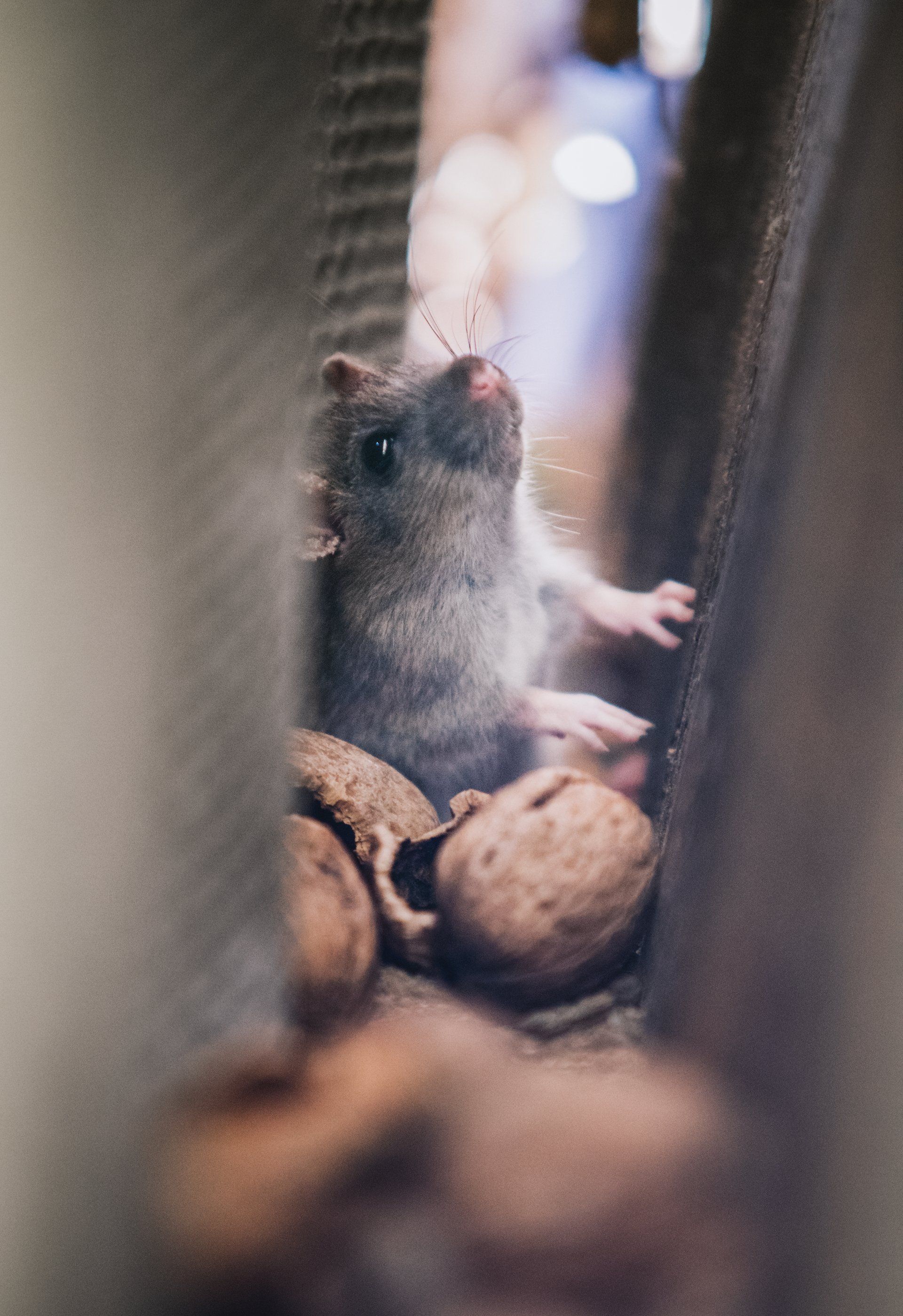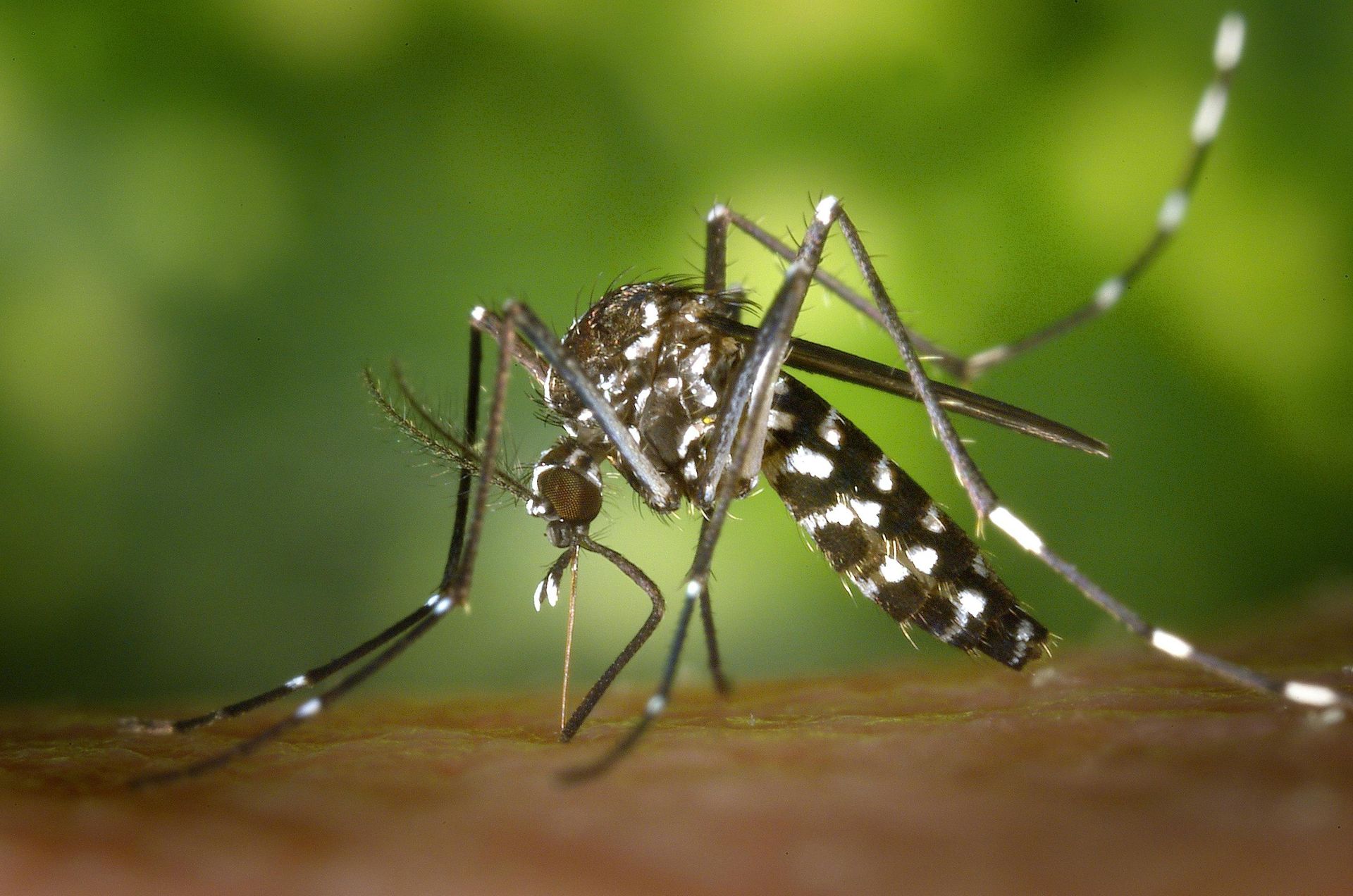How to Prevent Pests from Overwintering in Your Home: Comprehensive Guide
Winter in Johnstown, PA, is not just a season of snow and cozy nights by the fireplace. It's also a time when pests seek shelter in our homes. Understanding how to keep pests from overwintering in my house can help homeowners, landlords, and property managers safeguard their properties against unwanted invaders.
Understanding Overwintering: Why Pests Seek Shelter
As the cold season approaches, many pests search for warmer locations to survive. Your cozy home becomes an appealing refuge for them. By slipping into your property, pests can survive the winter months, only to emerge in full force come spring.
Common Pests That Overwinter In Johnstown Homes
- Stink Bugs
Often find their way indoors during colder periods.
- Ladybugs
Commonly seek shelter inside homes when it's cold.
- Spiders
Can become more noticeable in homes during the cold months. Spider control can help manage this.
- Boxelder Bugs
Typically gather on the sunny side of structures in fall and move indoors as temperatures drop.
- Cluster Flies
Known for gathering in large numbers in attics and wall voids during winter.
- Rodents (Mice and Rats)
Search for warm areas to nest, often making homes a prime target.
- Asian Multicolored Lady Beetles
Similar to ladybugs, they move inside for the winter.
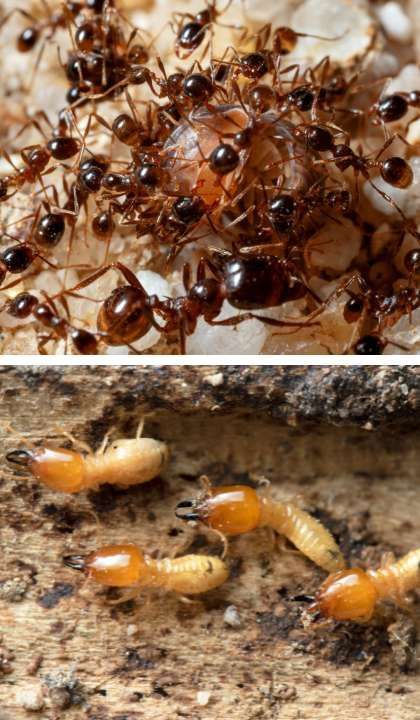
The Risks Associated with Overwintering Pests
It pays to understand the importance of overwintering pest prevention. As winter settles in Johnstown, PA, pests seek warmth and shelter within our homes, which might seem harmless at first. However, these uninvited guests bring along a set of risks that can't be ignored. Identifying Common Household Insects in Pennsylvania can give you a good idea of what you're up against.
Health risks
Pests are more than just a nuisance. For instance, mice, a common overwintering pest, can be carriers of harmful pathogens. When these pests inhabit our living spaces, the risk of transmitting diseases to residents increases. It's essential to prioritize professional pest control, especially when dealing with these health hazards.
Property damage
Overwintering pests can be silently destructive. Pests like carpenter ants are notorious for weakening the structure of a home. These ants burrow into the wood, creating extensive networks of tunnels. Over time, if not addressed through proper termite treatment or extermination, this can lead to significant structural issues, requiring costly termite damage repair.
Other concerns
Beyond the immediate threats to health and property, there are subtler issues to be wary of. The presence of certain pests can increase allergens within the home. As these pests shed skin, leave droppings, or even perish within confined spaces, allergen concentrations rise. This can lead to aggravated allergy symptoms and even asthma attacks for some residents. Proper termite inspection and subsequent prevention measures are pivotal in ensuring a healthy living environment.
Expert Tips to Prevent Overwintering Pests
Winter may be a season of comfort and joy for us, but it's also the time when pests look for cozy spots to hide. As homeowners, understanding how to keep pests from overwintering in my house becomes paramount. Let's delve into some actionable strategies to maintain a pest-free home:
1. Seal Gaps and Cracks
Most homes have tiny gaps and cracks that may not catch your immediate attention. Sealing these gaps is an effective measure in overwintering pest prevention. Utilize materials such as caulk for those minor gaps and steel wool for larger holes, especially if they're in regions rodents might access.
How to seal home against winter pests offers additional guidance.
2. Properly Store Food and Waste
Pests are always on the hunt for their next meal. An open cookie box or an unsealed grain packet is an invitation. Ensure you store all food items, particularly perishables, in airtight containers. Your trash bins are also a food source for pests. Opt for bins with tight-fitting lids and maintain a routine to empty them regularly, thereby minimizing winter pest attractions.
3. Maintain Yard and Garden
A well-kept yard is more than just pleasing to the eye. Overgrown bushes, lingering piles of leaves, or untrimmed trees provide ideal hiding spots for pests. Regular maintenance, like trimming the vegetation and cleaning up debris, ensures that pests don't find a habitat right outside (or even close to) your door.
4. Have Regular Pest Inspections
Think of inspections as your winter pest control tips in action. Even with diligent precautions, some pests might sneak through. Having your home regularly inspected, especially by professionals, ensures early detection.
Pest-proofing your home for winter is made easier with expert guidance.
5. Use Natural Repellents and Barriers
Not all repellents need to be chemical-laden. Nature provides several solutions to keep pests at bay. Some essential oils, like peppermint or eucalyptus, can act as deterrents for certain pests. Depending on the common overwintering pests in homes around your area, you can research and use these natural solutions to ensure an extra layer of protection.
Addressing Overwintering Pests: Early Detection Signs
- Be Observant
Regularly monitor your home for signs of pests.
- Check for Droppings
One of the primary signs of an infestation is pest droppings. Look out for them in corners, cabinets, and dark, hidden spaces.
- Listen for Noises
Hearing unusual sounds, especially at night, could indicate pests. Rodents often move within walls and attics, producing noticeable sounds.
- Watch for Activity
Any frequent or unusual pest sightings, especially during daytime, might signal a larger problem.
- Respond Quickly
At the first sign of trouble, act swiftly. This overwintering pest prevention tip ensures minor issues don't become major infestations.
- Seek Professional Help
If in doubt, consult a winter pest inspection guide or call in experts to ensure that you are protecting your home from winter pests effectively.
- Educate Yourself
Understand why pests enter homes in cold months to better counter their intrusion strategies.
- Regular Inspections And Preventative Treatments
Set up routine inspections to catch and manage overwintering pest infestations early.
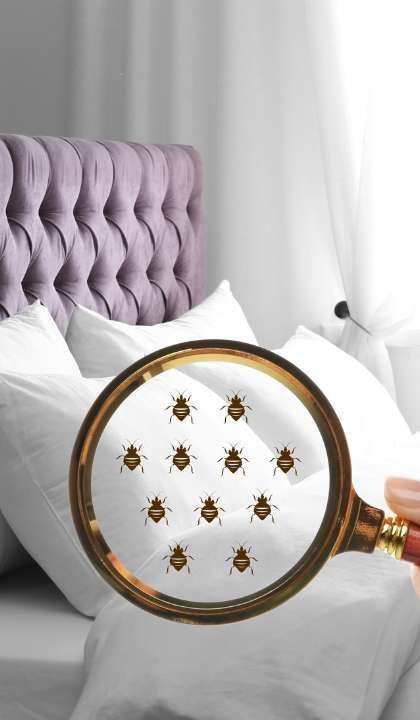
Frequently Asked Questions about Overwintering Pests
1. What attracts pests to homes during winter?
Pests are mainly attracted to homes as winter approaches by warmth and available food. Homes and businesses provide a safe environment where foraging is easy during the frigid Pennsylvania winters. Open garbage and composting areas can attract unwelcome insects, rodents, and wildlife as the temperatures drop. To learn how you can prevent pests from moving in for the winter, book a consultation and preventative pest treatment today.
2. How can I differentiate between regular pests and overwintering pests?
Overwintering pests typically invade homes in large numbers during the fall and remain inactive throughout winter. Regular pests inhabit homes and businesses year-round. Some are harmful and destructive while others pose no risks. We can help determine whether the pests you have post any risks, how to remove them, and keep them away.
3. Are overwintering pests harmful?
While not every overwintering pest is directly harmful, they can cause allergies, and contaminate food. Mice, rats, moles, and other rodents pose health risks and damage property. Some insects, like carpenter ants, carpenter bees, and termites can cause severe destruction, risking the structural integrity of your home or business. Wasps, and venomous spiders like the brown recluse and black widow put people and pets at risk if they move inside.
Other pests are nuissances, make life uncomfortable, and are better kept outside.
As a Pennsylvania pest control service, we have extensive knowledge of local pests and can determine whether the unwelcome winter visitors pose any risks and have the technology and techniques to safely remove them and keep them from returning.
Conclusion
As temperatures drop in Johnstown, PA, ensuring your home remains pest-free becomes paramount. With a proactive approach, you can enjoy a peaceful, pest-free winter. Remember, prevention is better than cure. If you have concerns or need professional help, reach out to Protective Pest Management for reliable solutions. Our expertise in termite control, carpenter ant removal, and bed bug treatments and more can provide the comprehensive care your home deserves.
